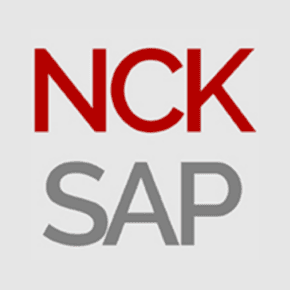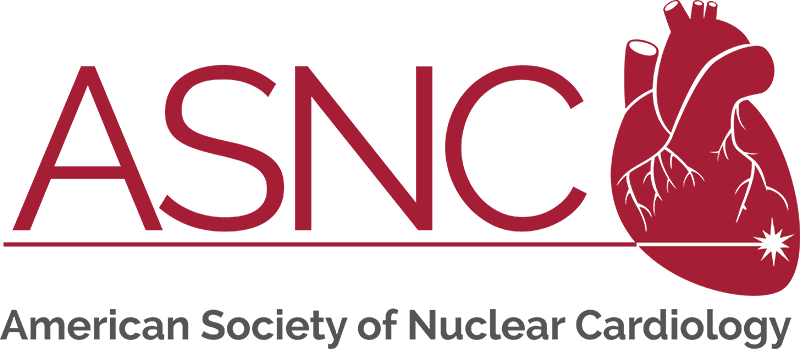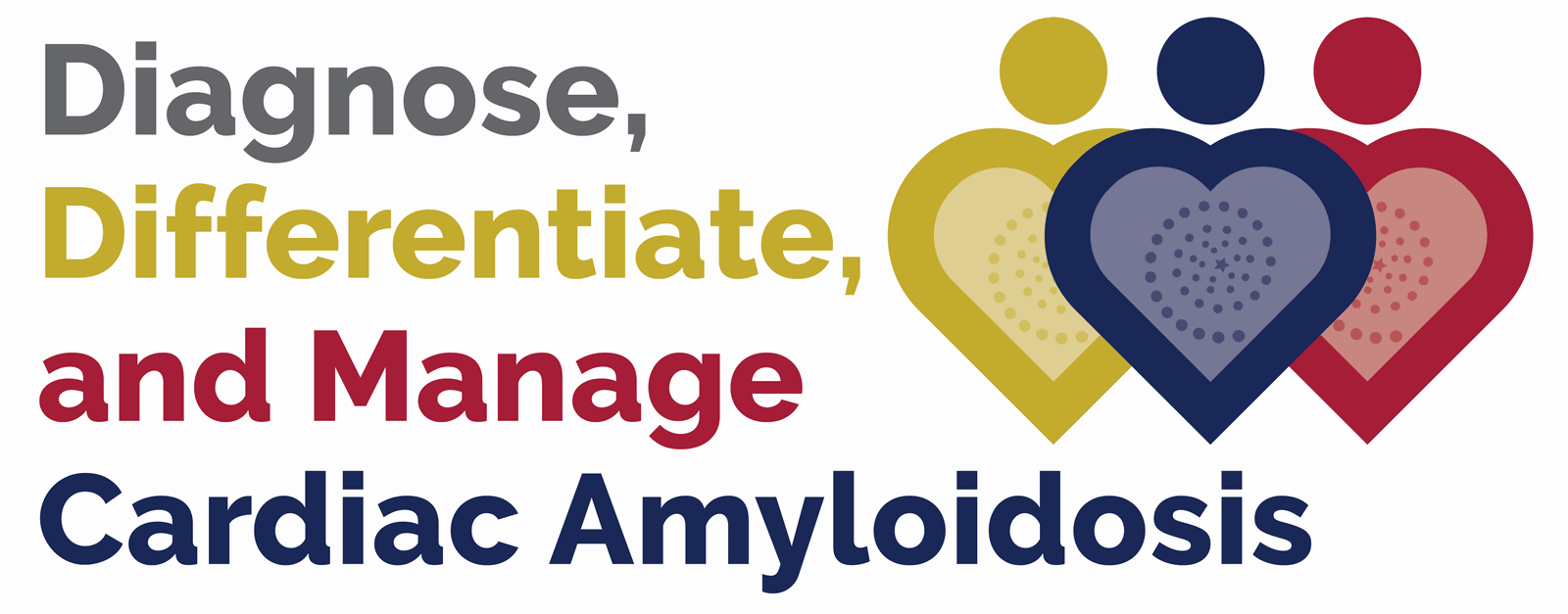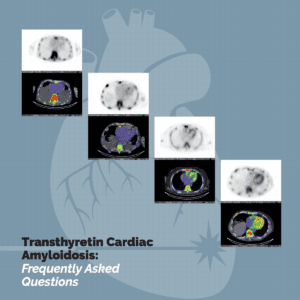ASNC is the premier source for education and quality in the rapidly expanding area of cardiac amyloidosis.
Through its initiatives and partnerships, ASNC is supporting a collaborative approach to awareness, early diagnosis, and effective treatments that will save lives and improve the quality of life for patients with CA. Access the latest educational resources and activities including our guidelines app and share with your colleagues!
OnDemand Education
NCKSAP: Cardiac Amyloidosis, 1st Edition
Offers 10 CME/MOC Credits
Expires February 28, 2026

Learning Objectives
Upon completion of this module, learner will be able to:
- Describe cardiac amyloidosis subtypes and identify symptoms, associated clinical conditions, and typical non-nuclear imaging features.
- Identify appropriate clinical scenarios for the use of Tc99m-PYP/DPD/HMDP imaging in cardiac amyloidosis.
- Apply appropriate Tc99m-PYP/DPD/HMDP, I123-MIBG, and SPECT/PET amyloid binding tracer standardized imaging techniques to optimize assessment of cardiac amyloidosis.
- Interpret and communicate diagnostic and prognostic findings on Tc99m-PYP/DPD/HMDP, I123-MIBG, and SPECT/PET amyloid binding tracers in the assessment of cardiac amyloidosis.
OnDemand – Bone Scintigraphy for Cardiac Amyloidosis:
A four-lecture series of short videos delivered by ASNC Experts
Cardiac Amyloidosis Tools
Visit the ASNC Resource Library for a complete listing of our cardiac amyloid tools.
Download these Think Amyloid posters and our pocket guide to distribute to your multidisciplinary care team.
- Think Amyloid Primary Care Clinics Poster
- Think Amyloid Inpatient Floors Poster
- Think Amyloid Cardiology Specialty Clinics Poster
- Think Amyloid Echocardiography Laboratory Poster
- Think Amyloid Patient Pocket Guide OR click here to download this version for print.
Cardiac Amyloidosis Flowchart
ASNC Members can access the 11″x17″ Cardiac Amyloidosis Flowchart and our Transthyretin Cardiac Amyloidosis: Frequently Asked Questions guide.
Download our new 11″x17″ flowchart designed to guide your clinical assessment of cardiac amyloidosis.
Transthyretin Cardiac Amyloidosis: Frequently Asked Questions Guide
ASNC Members can download our Transthyretin Cardiac Amyloidosis: Frequently Asked Questions Guide.
ASNC Issues Statement on How to Use HMDP in Cardiac Amyloidosis Imaging
Shortages of pyrophosphate (PYP), the radiopharmaceutical most commonly used in the U.S. for noninvasive diagnosis of transthyretin (ATTR) cardiac amyloidosis, should not delay imaging in at-risk patients. Instead, ASNC is guiding imagers to use 99mtechnetium (99mTc)-hydroxymethylene diphosphonate (HMDP or HDP) to ensure patients continue receiving prompt evaluation of, and treatment for, cardiac amyloidosis.
Online Activities
Cardiac Amyloidosis: Tc-99m PYP Imaging – How to Do It Right
- Robert Pagnanelli, BSRT(R)(N), CNMT, NCT, FASNC, Duke Regional Hospital, Durham, NC
- April Mann, MBA, CNMT, NCT, RT(N), FANC, MASNC, Hartford Hospital, Hartford, CT
This activity is supported by an educational grant from Pfizer.
No CME/CE provided.
Guidelines
- ASNC Quality Metrics for Cardiac Amyloid Radionuclide Imaging – 2024
- ASNC/AHA/ASE/EANM/HFSA/ISA/SCMR/SNMMI Expert Consensus Recommendations For Multimodality Imaging in Cardiac Amyloidosis – 2019
- Part 1 of 2—Evidence base and standardized methods of imaging
- Part 2 of 2—Diagnostic criteria and appropriate utilization
- Standardization of 99mTechnetium pyrophosphate imaging methodology to diagnose TTR cardiac amyloidosis – 2018
- ASNC imaging guidelines for nuclear cardiology procedures – 2017
Practice Points
- 99m Technetium-Pyrophosphate Imaging for Transthyretin Cardiac Amyloidosis – 2019
- ASNC members receive exclusive access to all our practice points and other member-only resources. Join ASNC today.
Publications
Journal of Nuclear Cardiology (JNC)
Partners
ASNC is uniquely qualified to provide education, information and advocacy that ensures appropriate referrals for Tc-99m PYP imaging; supports high-quality testing, interpretation and reporting of Tc-99m PYP imaging by imagers; and encourages fair reimbursement of Tc-99m PYP services and approval of CA treatment agents.




